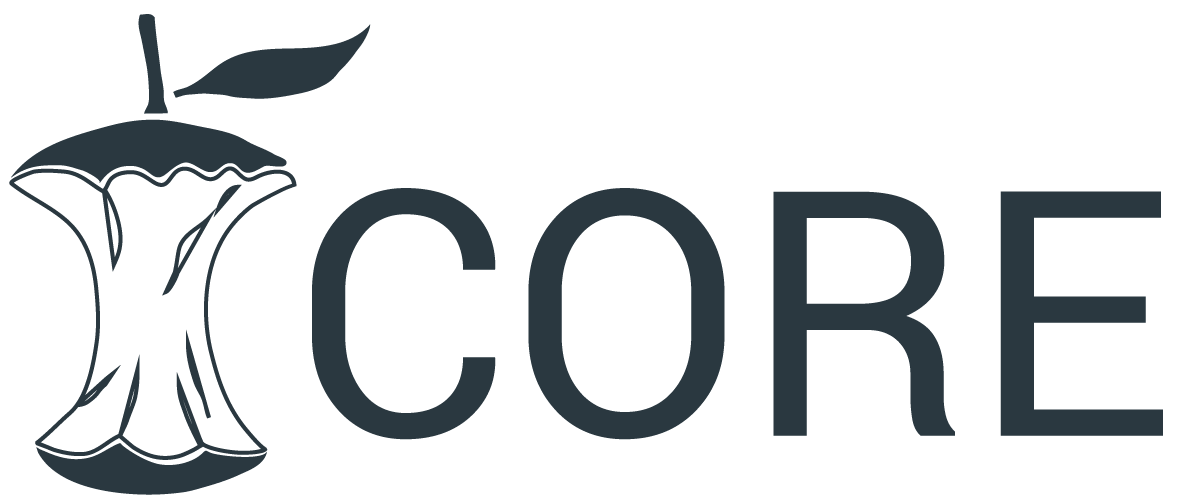
Open Access Policy
The Human Occupation & Wellbeing Journal is committed to providing open access to all of its content. Our goal is to make high-quality research available to a wide audience, enabling the free and unrestricted sharing of knowledge in the fields of human occupation and well-being. Below are the key details of our Open Access Policy:
- Open Access
- Free to Read: All articles published in The Human Occupation & Wellbeing Journal are available for free online immediately upon publication. This includes both full-text articles and abstracts, which can be accessed and downloaded without any subscription or payment.
- No Barriers: Authors retain copyright of their work while granting the journal a license to publish. Readers and researchers around the world can access and read the full text of articles without any financial or legal barriers.
- Licensing
- Creative Commons Attribution 4.0 International License (CC BY 4.0): All articles published in The Human Occupation & Wellbeing Journal are licensed under the CC BY 4.0 license. This means that: All articles published in The Human Occupation & Wellbeing Journal are licensed under the CC BY 4.0 license. This means that: This license enables re-users to distribute, remix, adapt, and build upon the material in any medium or format, so long as attribution is given to the creator. The license allows for commercial use.
- Archiving
- Self-Archiving: Authors are permitted to deposit their preprints, postprints, or final published versions of their articles in institutional repositories, subject to proper attribution of the final published version to The Human Occupation & Wellbeing Journal.
- Repository: Authors can upload their work to any open-access repository, ensuring the proper citation and acknowledgment of the journal as the publisher. This allows for broader dissemination and increases visibility in academic and public spheres. The HOWJ utilises the LOCKSS and CLOCKSS systems to ensure long-term digital preservation and secure archiving of all published content.
- Transparency
- The Human Occupation & Wellbeing Journal believes in transparency in publishing. As part of our open-access commitment, we publish information about our editorial policies, peer-review process, and article processing, ensuring a transparent and accountable publication environment.
- Accessibility: All published research is formatted to be accessible to individuals with disabilities. Our website and content are designed to meet web accessibility standards, making it easier for all users to access and read the journal’s content.
- Promotion and Dissemination
- The journal actively promotes its articles through social media, academic networks, and research-sharing platforms. We encourage authors to share their work on personal or institutional websites, LinkedIn, ResearchGate, and other platforms to increase the visibility and impact of their research.
- The journal also encourages authors to present their research at academic conferences, webinars, and other academic events, which further promotes the work.
- Global Reach and Impact
- Open access enables the research to be shared globally, reaching a wider audience, including practitioners, policymakers, educators, and researchers who may not have institutional access to subscription-based journals.
- The journal is indexed in various global research databases to increase the discoverability and impact of the published research.
- Commitment to Open Science
- Open Access: The Human Occupation & Wellbeing Journal supports the open science movement, which promotes the free sharing of knowledge and encourages collaboration among researchers across disciplines and geographical boundaries.
- Data Sharing: Authors are encouraged to share their datasets, methods, and other materials used in their research, in accordance with best practices in open science.









